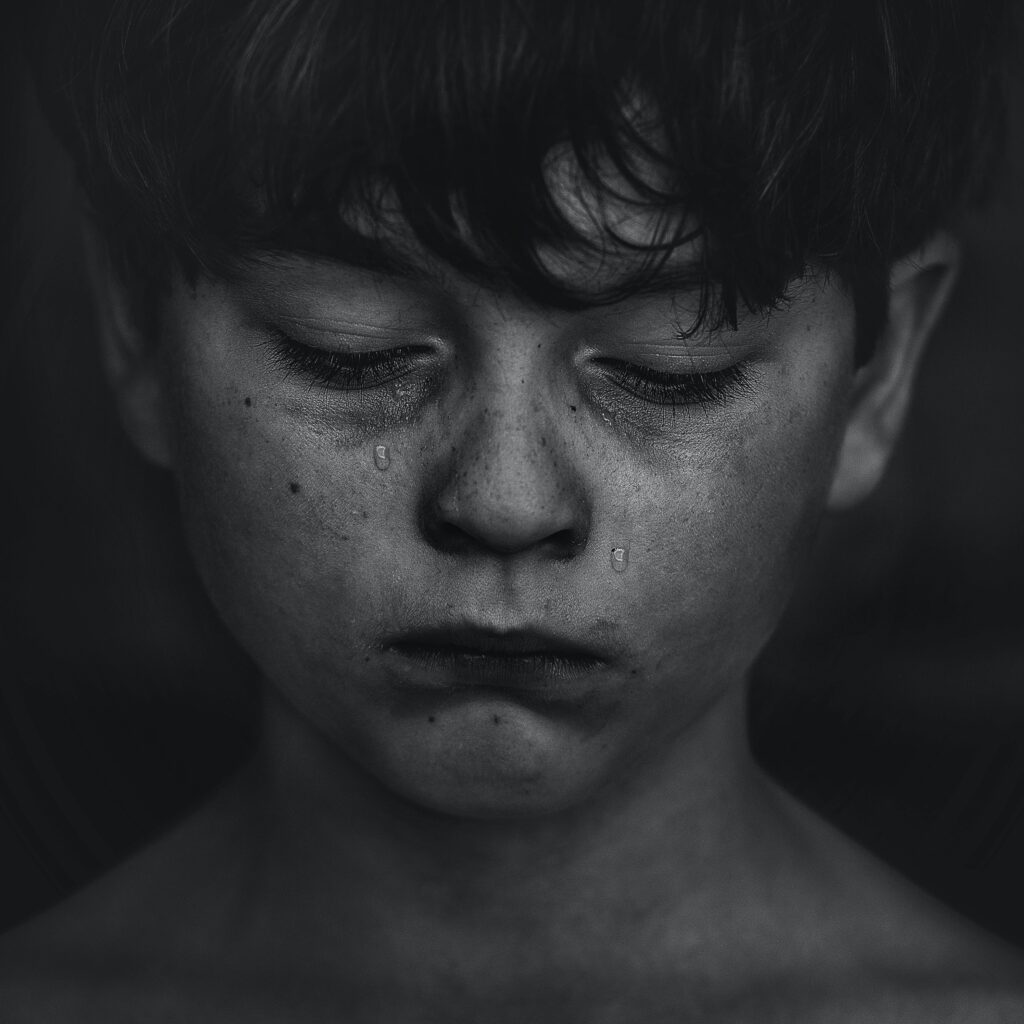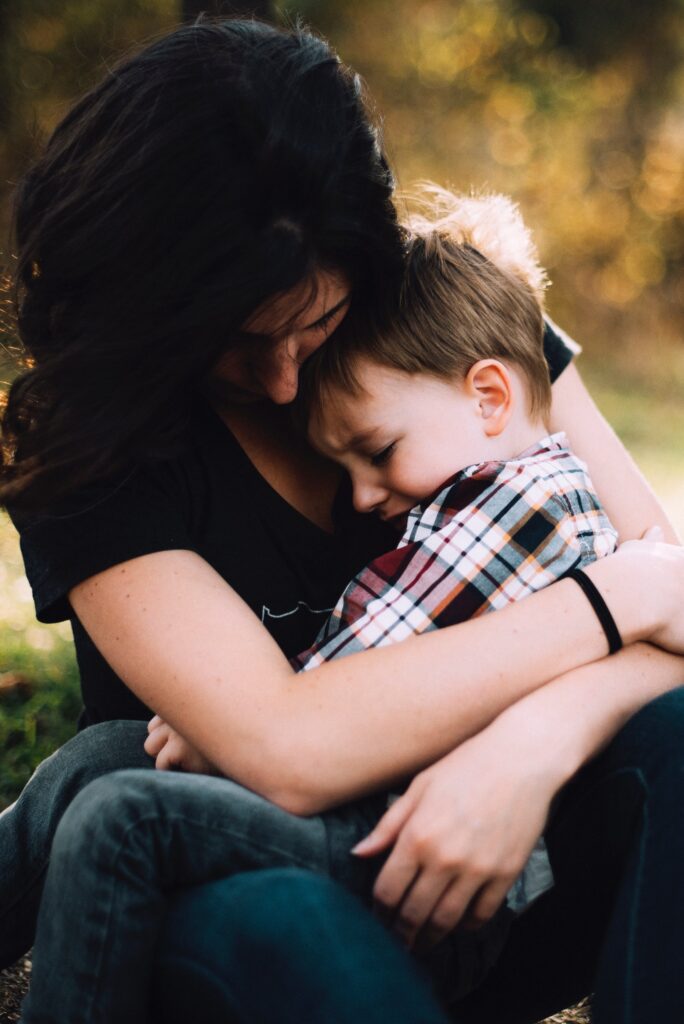
This might come as a surprise to some of you but children can experience depression as well as adolescents and adults. For some children it is not ‘just a phase they are going through’ and these parents need to know what to look for.
History
It is interesting to note that there wasn’t even an official diagnosis for childhood depression until 1980, even though there was significant research into depression in children in the 1950s. A young pediatrician called Leon Cytryn was researching the frequency of sadness and withdrawal he observed in boys admitted to hospital for surgery. He discovered that almost half of them had symptoms, which would have been associated with adult depression.
Sadness versus depression
To clarify here it is important to note that sadness can be a healthy and normal response when the child is upset, for example when their grandfather has just died or their pet has run away. If this sadness however is observed as a continuous state in the child’s day-to-day experience then we need to look at the potential for childhood depression.
Seeing the signs
The following symptoms can be linked to depression:
- continuous feeling of sadness
- not experiencing pleasure in activities they liked previously
- complaining often about stomach aches, headaches or fatigue
- significant changes in weight or appetite
- repeated thoughts or attempts at running away from home
- extreme tearfulness, irritability, low tolerance for frustration
- sadness and hopelessness (‘I’ll never feel happy’), low self-esteem (‘no one likes me’)
- difficulties sleeping, waking in the middle of the night, not being able to fall asleep or sleeping during the day
- decreased social contacts with friends
- drop in school performance, behavioral problems at school, refusal or reluctance to go to school
- excessive worrying that something bad might happen, worries about family members getting hurt
- less energy, looking tired, everything become an effort
- hostility or aggression which is unprovoked
- suicidal thoughts, fantasies of death or dying which may be observed in drawings or other forms of self-expression
Is it or not?
In order to decide whether the symptoms are truly pointing in the direction of depression ask yourself: ‘To what extent is your child’s feelings of sadness and the behavior interfering with their everyday life and normal development?’ If the answer is significant, you might need to get it checked out with your general practitioner.
Remember that you know your own child best and will be aware of changes in their behaviour and emotion. You might also want to include other sources that know your child like their teacher or other members of your extended family. Trust your own instinct and if you feel something is wrong, get it checked out.

